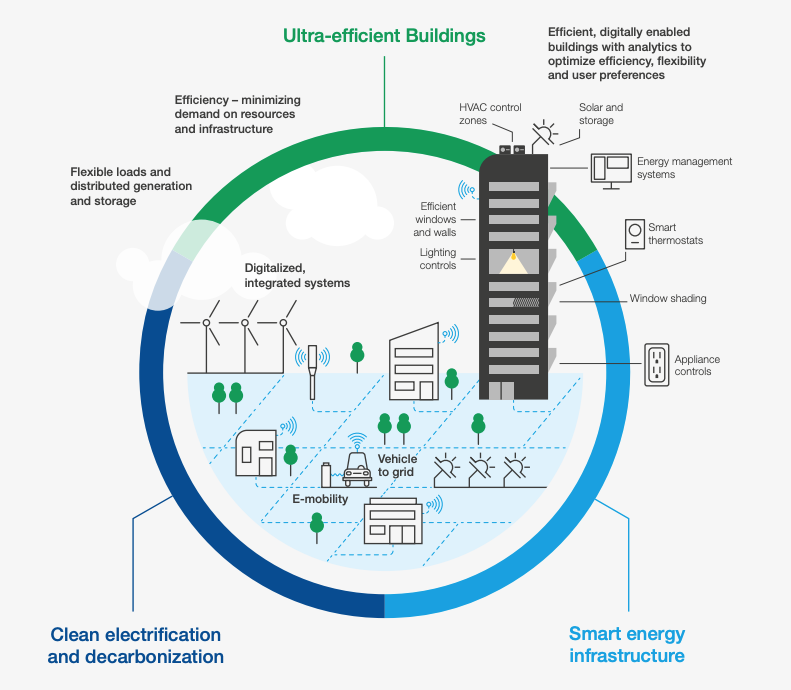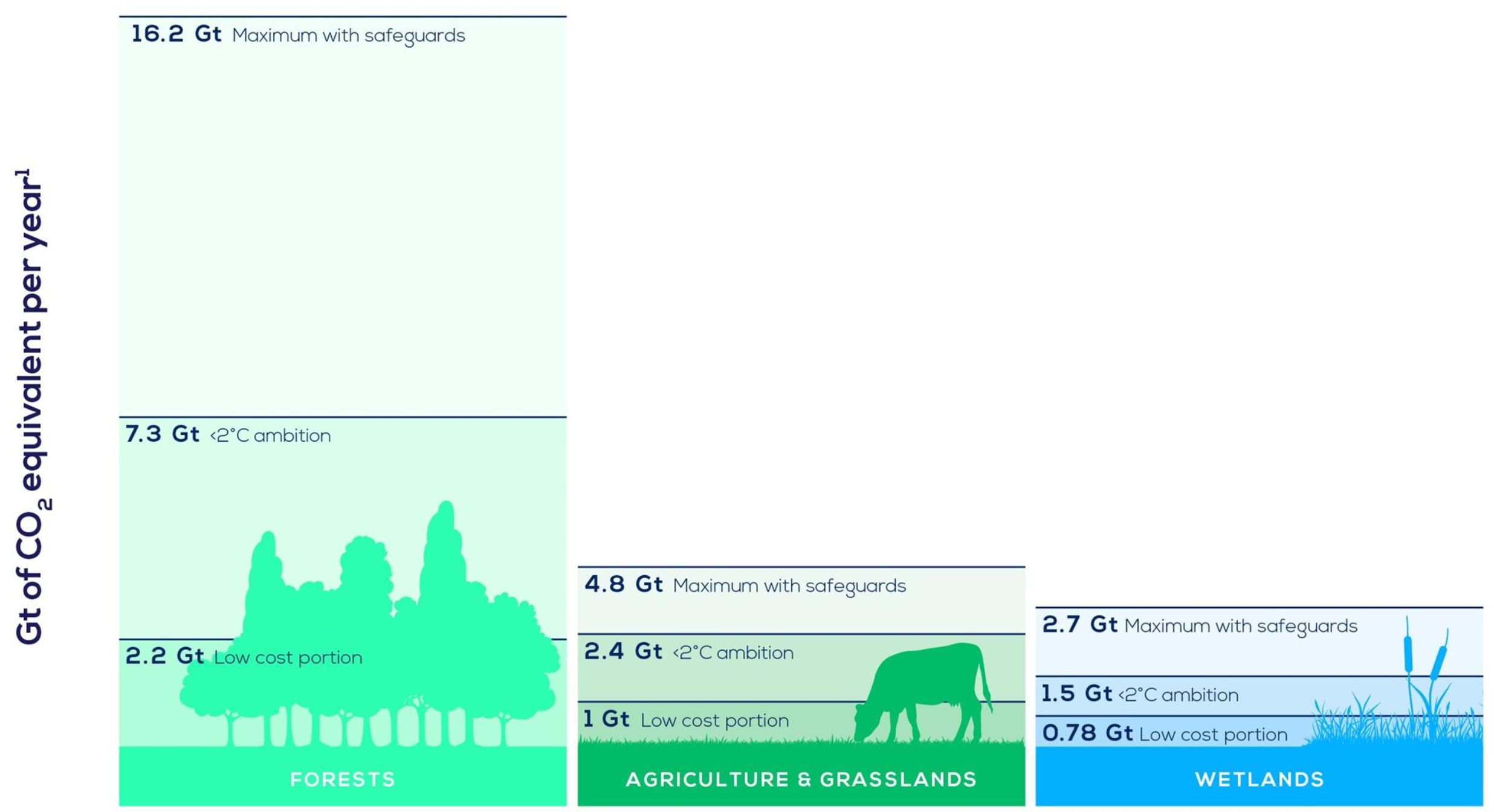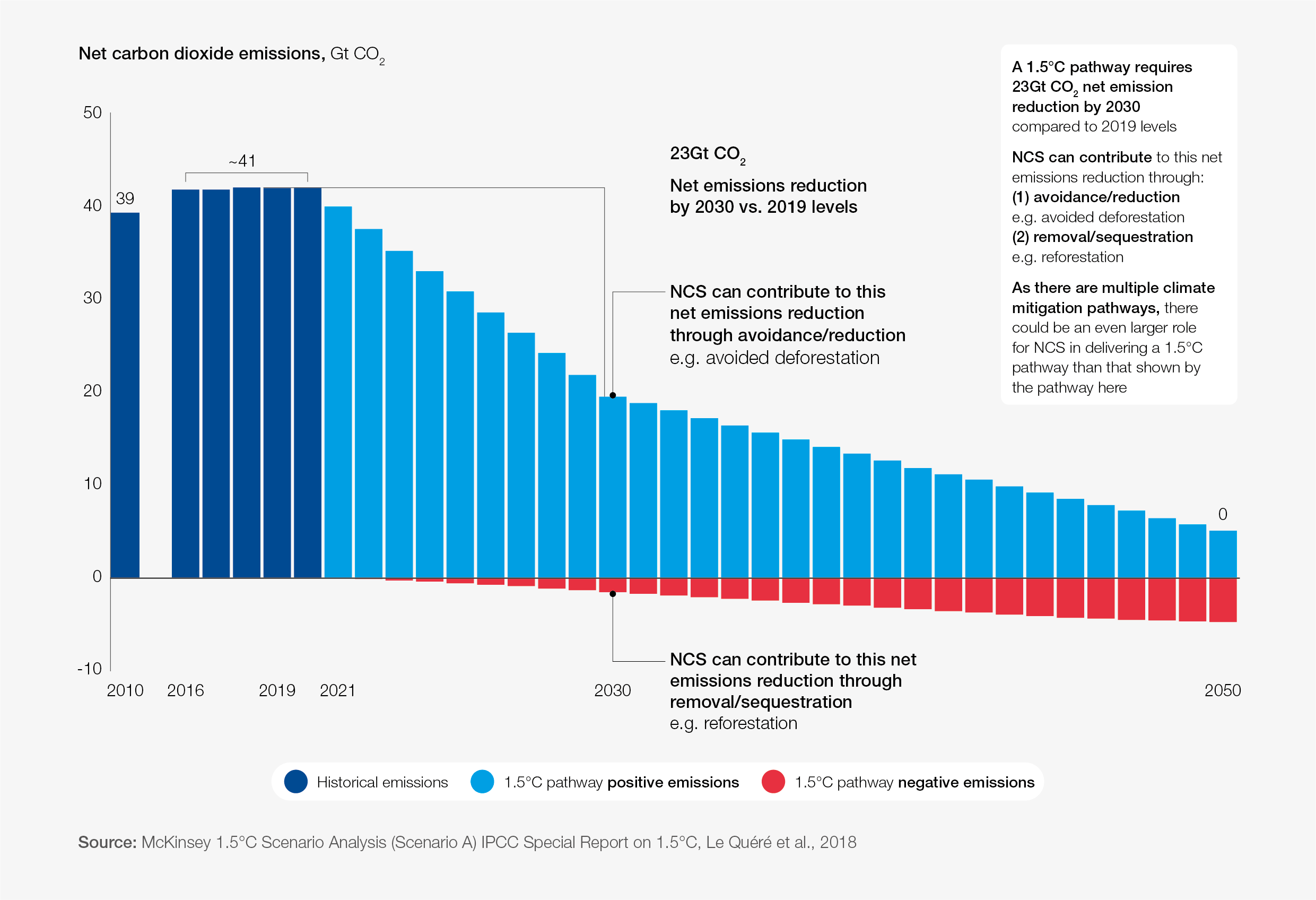What are carbon budgets and how can they help us reach net zero?
Reaching net-zero will be vital to life on Earth.
Image: Unsplash/imso gabriel
Annabel Walker
Writer, Formative Content
Get involved with our crowdsourced digital platform to deliver impact at scale
Stay up to date:
Climate Change
- Carbon budgets offer a way to benchmark the progress of governments in meeting their climate goals.
- Achieving net-zero emissions would offer a sustainable future for the planet.
- But with carbon building up quickly, countries are having to redraw their budgets more often than hoped.
Countries are trying to cut their carbon emissions with the same budgeting techniques that households use to control their spending.
Instead of balancing income against outgoings, environmental planners are doing it with carbon dioxide (CO2) emissions that cause global warming. This is called a carbon budget.
How is the World Economic Forum fighting the climate crisis?
How do carbon budgets work?
Carbon budgets measure how much CO2 is produced by industry, homes and all other parts of the economy to calculate by how much emissions must be cut in the future. The aim is to reach net-zero emissions – striking an equal balance between the carbon released into the atmosphere and that removed from it.
But with carbon building up quickly, countries are having to redraw their budgets more often than hoped.
The road to net zero
Reducing emissions is vital for limiting rising temperatures to no more than 1.5C-2C above pre-industrial levels. Beyond that, scientists say communities and livelihoods will be hit by natural disasters like frequent severe weather events, rising sea levels and declining biodiversity.
Net zero is expected to cap that rise – and it has strong backing. In 2015, 196 countries and the European Union signed the United Nations Paris Agreement to cut emissions. And more than 70 countries, including China, the US and the EU – which are responsible for the greatest volume of carbon emissions – have pledged to reach net-zero by between 2050 and 2060. This covers 76% of emissions worldwide.
The World Economic Forum established the Net Zero Carbon Cities programme to aid the decarbonization of the world’s most populous places.
What is the Forum doing to help cities to reach a net-zero carbon future?
Challenges ahead
However, the Global Carbon Project found that lowering carbon emissions at the speed necessary to reach that goal is proving to be a challenge.
In its most recent report, Mitigation of Climate Change, the United Nations Intergovernmental Panel on Climate Change (IPCC) said there is an urgent need to quicken the pace of decarbonization. The IPCC said emissions must peak by 2025 and be cut by 43% by 2030.
“It’s now or never, if we want to limit global warming to 1.5C,” said the report’s co-chair, Professor Jim Skea.

Budgeting for the future
Carbon budgets establish how much CO2 has been emitted so that governments can calculate the remaining level of carbon that can be released before net-zero targets are met. They seek to balance an emission increase in one sector, such as agriculture, with corresponding reductions in another.
Carbon budgets help limit global warming because they link the rate of emissions to the additional rise in temperature and can offer a stepped approach to reaching climate targets. Also, they help gauge the effectiveness of GHG-reduction measures, such as using renewable energy sources, and take account of mitigation factors like carbon capture initiatives or re-forestation schemes.
In that way, they open a window on how close a country is to reaching net zero. Some, including the UK and Japan, have set legally binding carbon budgets.
What is the World Economic Forum doing on natural climate solutions?
Progress so far
The IPCC report found emissions are increasing at about half the rate of the decade earlier. And some countries are using their carbon budget to help chart a long-term course centred on sustainability.
Costa Rica’s budget, for instance, includes measures to ensure investment is funnelled to sustainable public transport, while Fiji, an island chain vulnerable to rising sea levels, is targeting the restoration of its ecosystems.
But there’s debate about which countries should set the toughest budgets; should the biggest emitters, such as China – the world's largest polluter in 2020 - shoulder most responsibility or should it be shared?
License and Republishing
World Economic Forum articles may be republished in accordance with the Creative Commons Attribution-NonCommercial-NoDerivatives 4.0 International Public License, and in accordance with our Terms of Use.
The views expressed in this article are those of the author alone and not the World Economic Forum.






沒有留言:
張貼留言